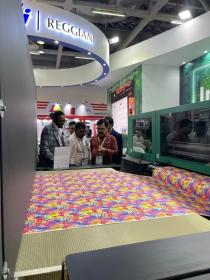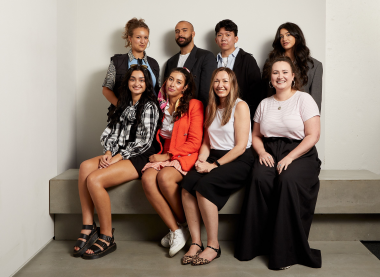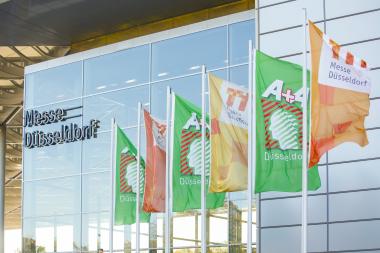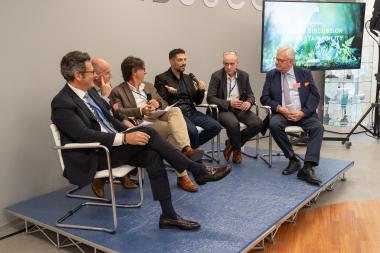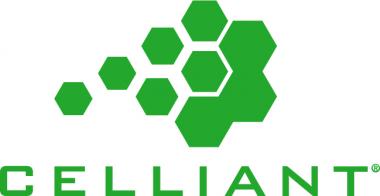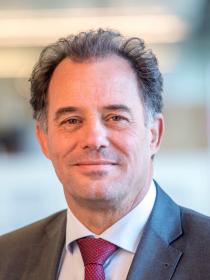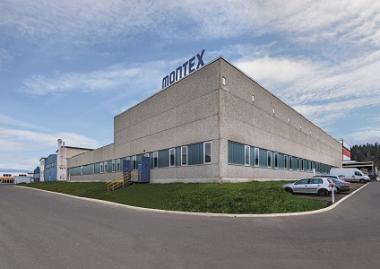Marketmedia24: Outdoor-Branche erwartet 2022 ein Umsatzminus von 1,2%
2020 und 2021 lief es auch Corona bedingt richtig gut für die Outdoor-Branche. Selbst die Nachfrageberuhigung im laufenden Jahr, die nach aktueller Einschätzung des Forschungsinstituts Marketmedia24 zu einem Minus von 1,2 Prozent führen könnte, stehen nicht für einen Absturz. Denn die Umsätze liegen dann immer noch um 11,4 Prozent über denen des Vor-Corona-Jahres 2019. Nicht allein diese Tatsache lässt aufhorchen: In den ersten zehn Monaten dieses Jahres stieg der Umsatz mit nachhaltigen Outdoor-Textilien und -Schuhen gegenüber Vorjahr allein auf den Portalen der Platform Group, Wiesbaden, um 24,4 Prozent. Während gleichzeitig die durchschnittlichen Ausgaben für Outdoor-Textilien und -Schuhe mit einem Rückgang von 2,1 Prozent in 2022 das sich abschwächende Kaufverhalten spiegeln. Die generelle Kaufzurückhaltung der Deutschen bekommen derzeit alle Outdoor-Händler zu spüren. Selbst der Online-Handel wird das laufende Jahr mit einem leichten Minus bilanzieren, so die aktuelle Vorausschau der Kölner Marktforscher.
Sport unter freiem Himmel wie Trekking, Joggen, Walken und Biken erlebte in den beiden Corona-Jahren 2020 und 2021 großen Zulauf – insbesondere als Freizeit- und Reiseersatz für alles das, was die Pandemie unmöglich machte. Und man deckte sich passend mit Outdoor-Bekleidung, -Schuhen und Ausrüstungen ein und legte dabei immer mehr Wert auf nachhaltige Ware. Ein Trend, der die Industrie zunehmend veranlasst, den Anteil an recycelten Materialien auszubauen.
Carina Dietrich, verantwortlich bei Sympatex für Brand Communication Strategy und Business Development: „Besonders im Textilbereich sehen wir über alle Sportarten ein starkes und immer weiter steigendes Interesse hinsichtlich eines nachhaltigen Konsumverhaltens und das Erreichen einer Kreislaufwirtschaft.“
Gleichzeitig sorgen allerdings die unterschiedlichsten Informationen, der Label Dschungel sowie das tatsächlich existierende Greenwashing für Unsicherheit im Markt. Zudem tragen die aktuellen Krisen zur Verunsicherung der Kunden bei. Jürgen Hanke, Vertriebsleiter bei der Platform-Group, prognostiziert, dass sich unter dem Eindruck steigender Energiepreise erst zeigen muss, welchen Wert Kunden und Kundeninnen auf nachhaltige Produkte legen oder ob sie doch wieder mehr preisbewusstere Alternativen kaufen. Zumindest im Oktober 2022 sank der Umsatz mit nachhaltigen Outdoor-Textilien und -Schuhen auf den Portalen der Platform Group um 50 Prozent, während hier Outdoor insgesamt gleichzeitig „nur“ um 27,4 Prozent nachgab. Allerdings weist der Umsatztrend in den Monaten Januar, Juni und September klar daraufhin, dass Nachhaltigkeit ein Nachfragefaktor bleibt.
Auch weil die Preisfrage überholt ist (zumal es jetzt auch immer mehr Secondhand-Angebote im Handel gibt), ist Stefan Brunner, Director Sports beim iscm-institute und Experte im Sport-Team von Marketmedia24, überzeugt. Seiner Meinung nach kann es sich kein Stakeholder der Branche – sei es Industrie oder Handel – erlauben, die Nachhaltigkeit zu ignorieren. Vielmehr ist „die Sportartikelbranche gut beraten, ihre Führungsposition rund um dieses Thema auszubauen und damit auf den Trend nach mehr qualitativem Konsum einzuzahlen.“ Denn Nachhaltigkeit wird zweifelsohne zum neuen Statussymbol als Ausdruck einer Haltung. Schützenhilfe kommt da auch von der Anfang 2022 vorgestellten nachhaltigen Textilstrategie der Europäischen Kommission. Danach wird der Textilsektor die erste Branche sein, die vollständig zu einer Kreislaufwirtschaft übergeht: Bis 2030 sollen Textilprodukte, die in der EU in Verkehr gebracht werden, langlebiger, wiederverwendbarer, reparierbarer, recycelbar und energieeffizienter sein.
Forschungsinstitut Marketmedia24 (Köln)






